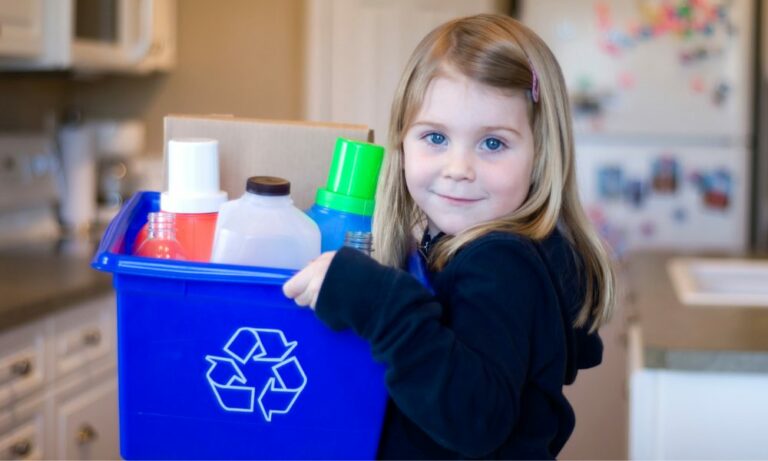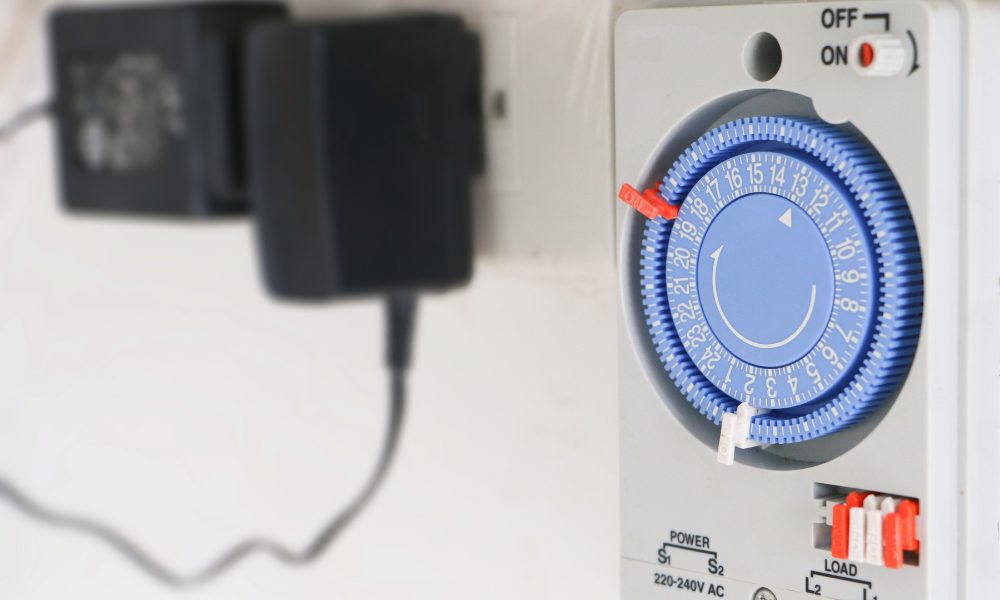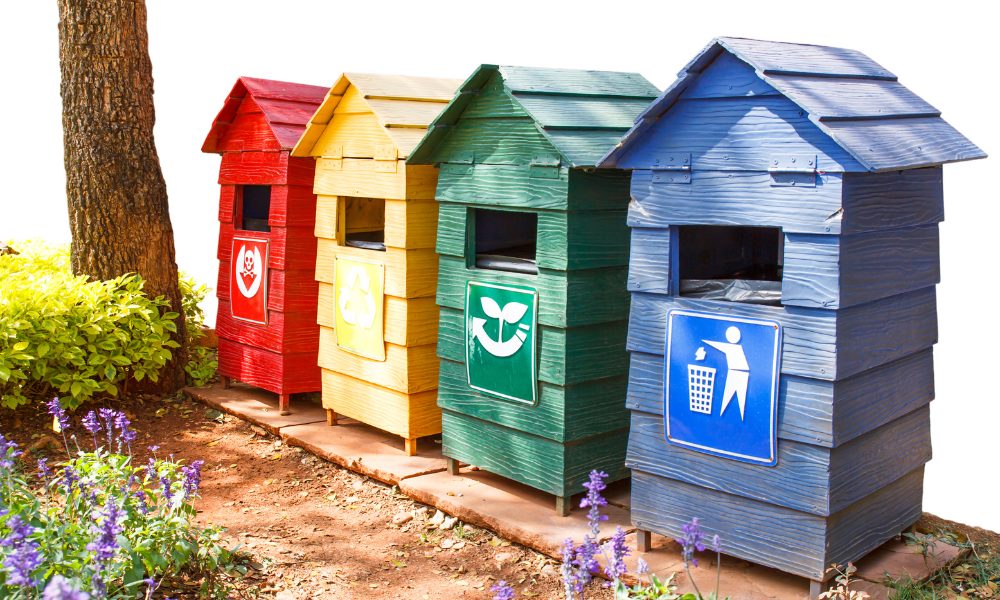Working hours
Mon - Fri: 8am to 5pm
Mon - Fri: 8am to 5pm
Share


The small steps you take now to help protect the planet, will benefit the children of today for years to come.
Nurturing a child’s development is all about setting them up for a bright future, and what better way to enhance their future than by making your nursery more eco-friendly?
Children learn a lot by modelling their behaviour on those around them. By implementing easy-to-do environmentally friendly actions into the everyday routine of your nursery, you’ll help create a generation of children who will hopefully do the same for life.
Simple things such as switching off lights in unused spaces are not only great for the environment, but they could also save you money.
Interested to find out more? Keep reading…
Your nursery could reduce its environmental impact by implementing all, or some, of the following eco-friendly actions…
Environmental impact of using paper: Deforestation leads to accelerated man-made climate change.
Benefits of going paperless:
Reduce your nursery’s carbon footprint and help save trees.
How to do it…

Environmental impact of using too much energy:
Emission of greenhouse gases and other air, water and thermal pollutants.
Benefits of saving energy:
As well as helping to protect the ozone layer, you could also save money on your utility bills.
How to do it…

Environmental impact of using too much water:
Decreases long-term water security and availability and increases energy use.
Benefits of saving water:
Keeps the water in our ecosystem healthy and topped up and decreases the energy used to process and supply it.
How to do it…
Environmental impact of not recycling:
Landfill waste releases harmful gases and toxins into our atmosphere.
Benefits of recycling: Conserves energy, reduces air and water pollution, reduces greenhouse gases and conserves natural resources.
How to do it…

If your nursery has its own outdoor space, make use of it and plant some flowers, trees and vegetables. Not only is it great for a child’s development to get outdoors and get involved, plants are great for the environment because they…
No outdoor space? Contact your local council about the use of an allotment, or use window planters and pots to grow things where you can.
To grow things well, you need compost. You could make your own composter using natural materials and create compost using the food waste from your nursery.
Kids love glitter; that’s a fact!
But glitter is plastic in disguise.
It’s bad for the environment because it releases harmful chemicals, is a source of microplastics in rivers and oceans and takes years and years to break down. There’s no safe way to dispose of glitter.
If you want to keep adding sparkle to your craft kits, there are biodegradable forms of glitter that do the job just as well as the plastic stuff.
Just a few simple changes can make an enormous difference to the environmental impact of your nursery, and you don’t have to spend a fortune to make a difference.
Not only will your setting benefit, but the children who attend your nursery also will too. They’ll love your new robotic lights, creating unicorns from loo rolls and watching things grow from seed.
The eco-friendly changes you implement will inspire them, capture their imagination and ignite their interest. Helping to create generations of people who grow up wanting to protect our planet.
For more advice on becoming more sustainable, get in touch by clicking here…
With the ever-changing regulations and guidance, sign up to our monthly newsletter and mailings to stay current and keep up to date with running your childcare setting.
Simply enter your details below to join our mailing list.
By completing this form you are agreeing to our privacy policy You can unsubscribe at any time
